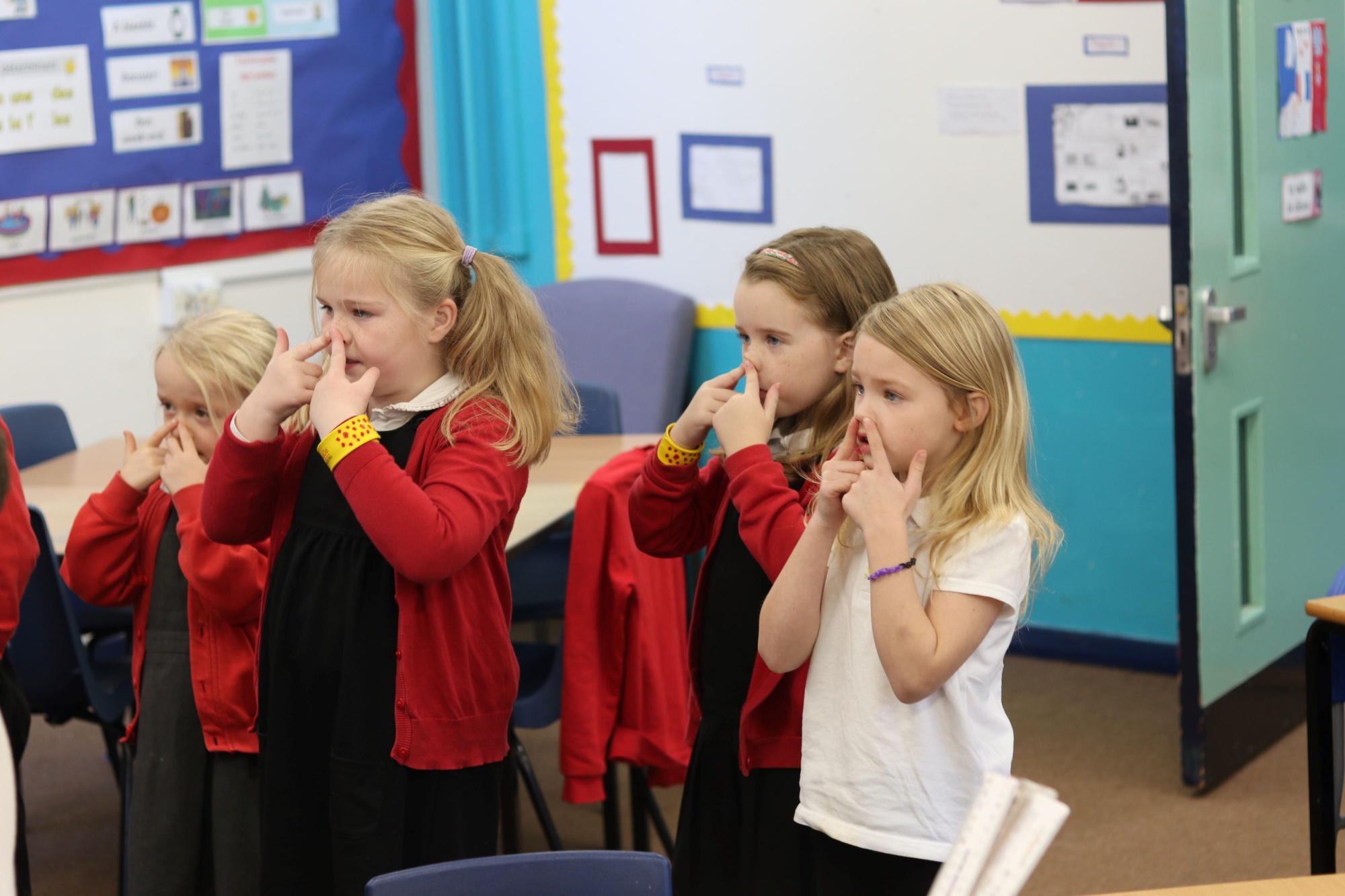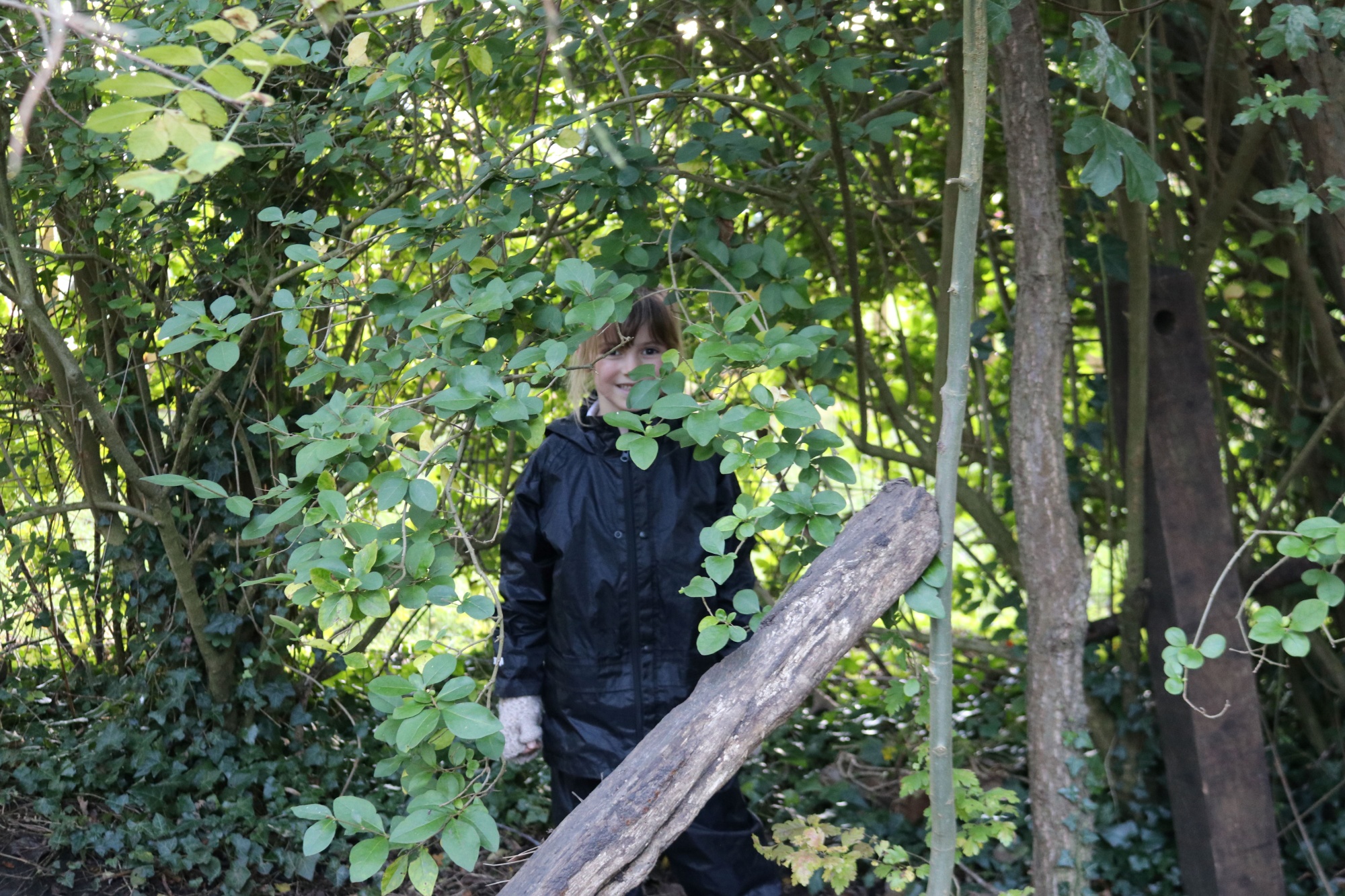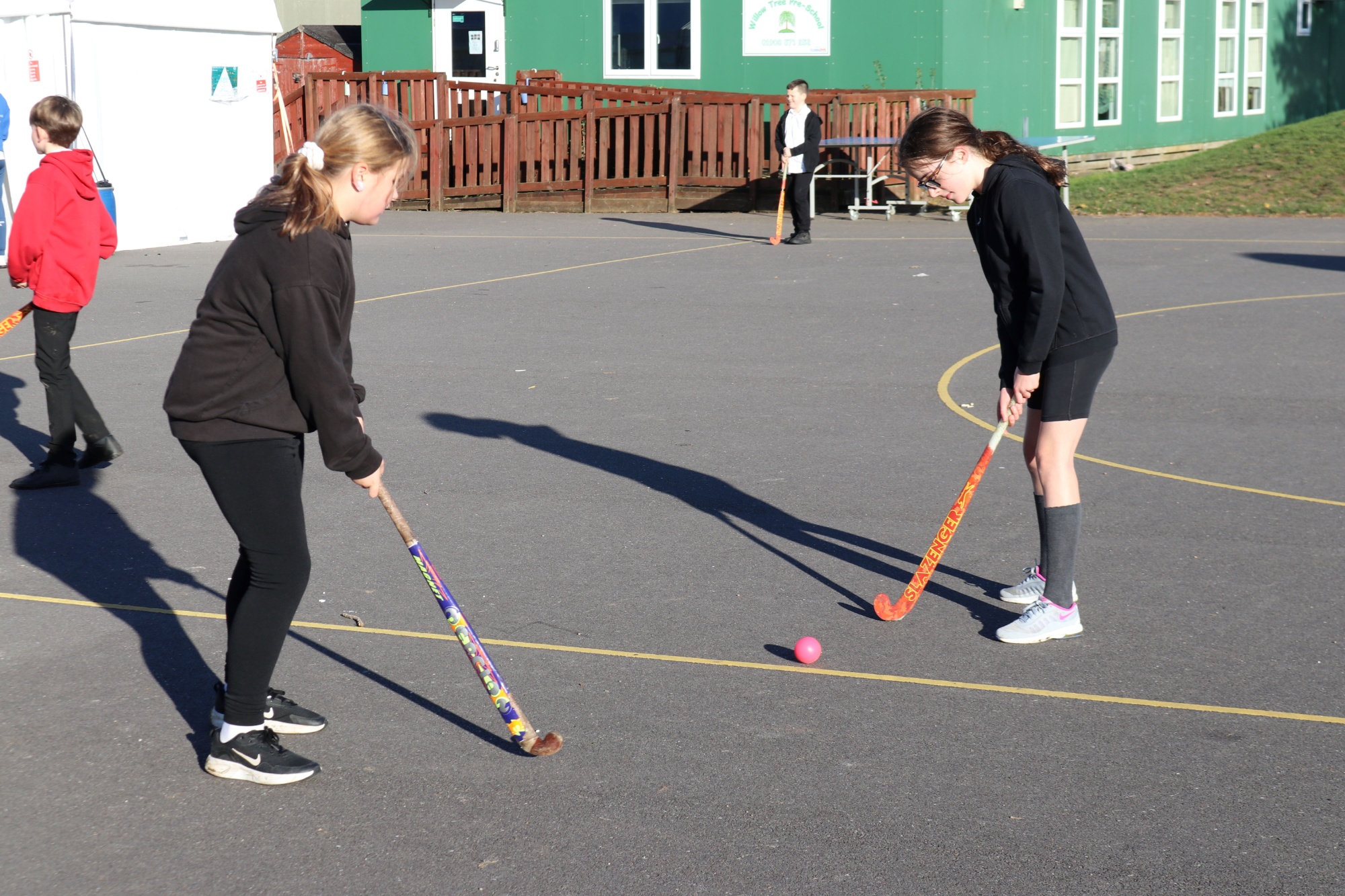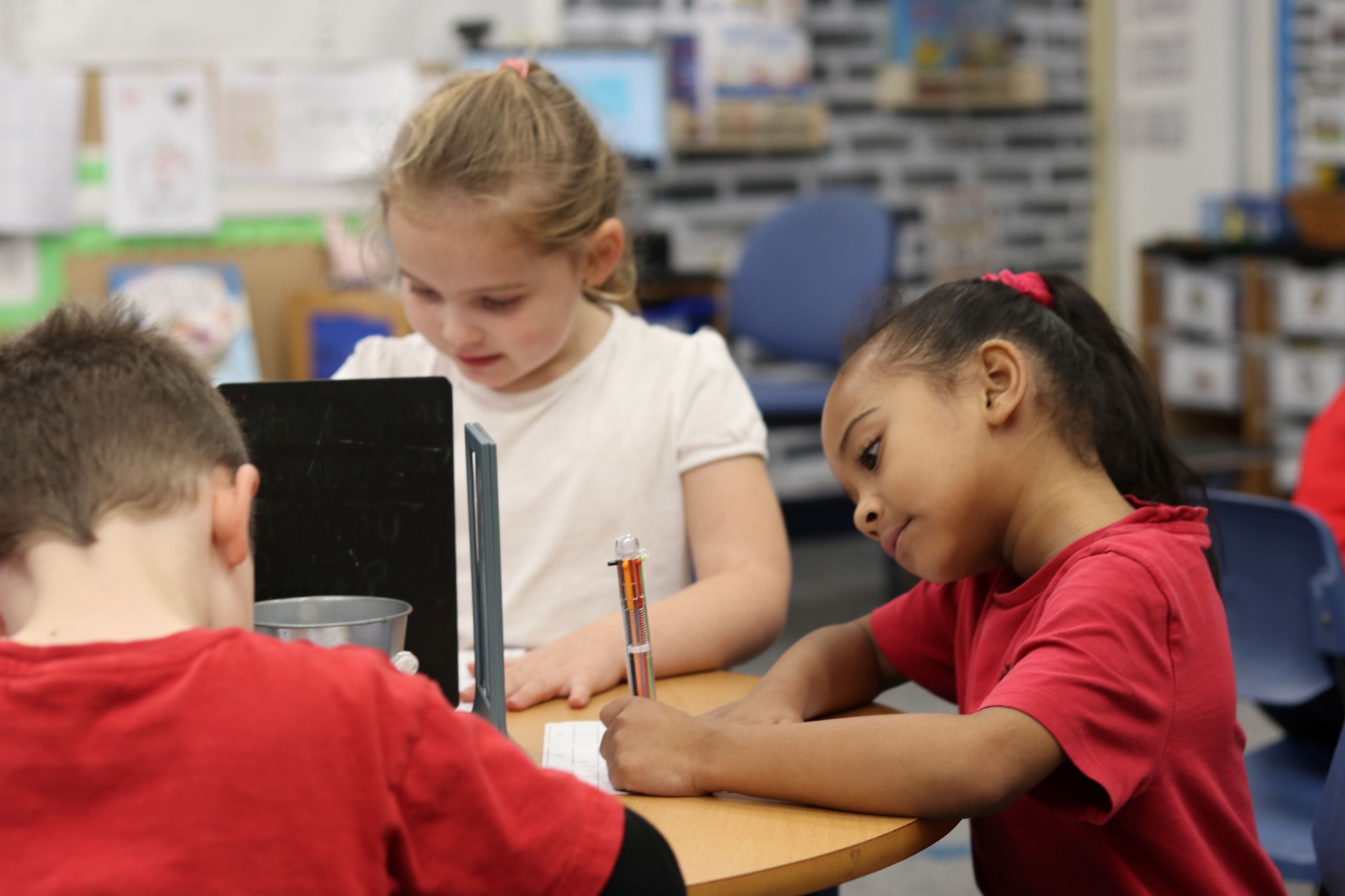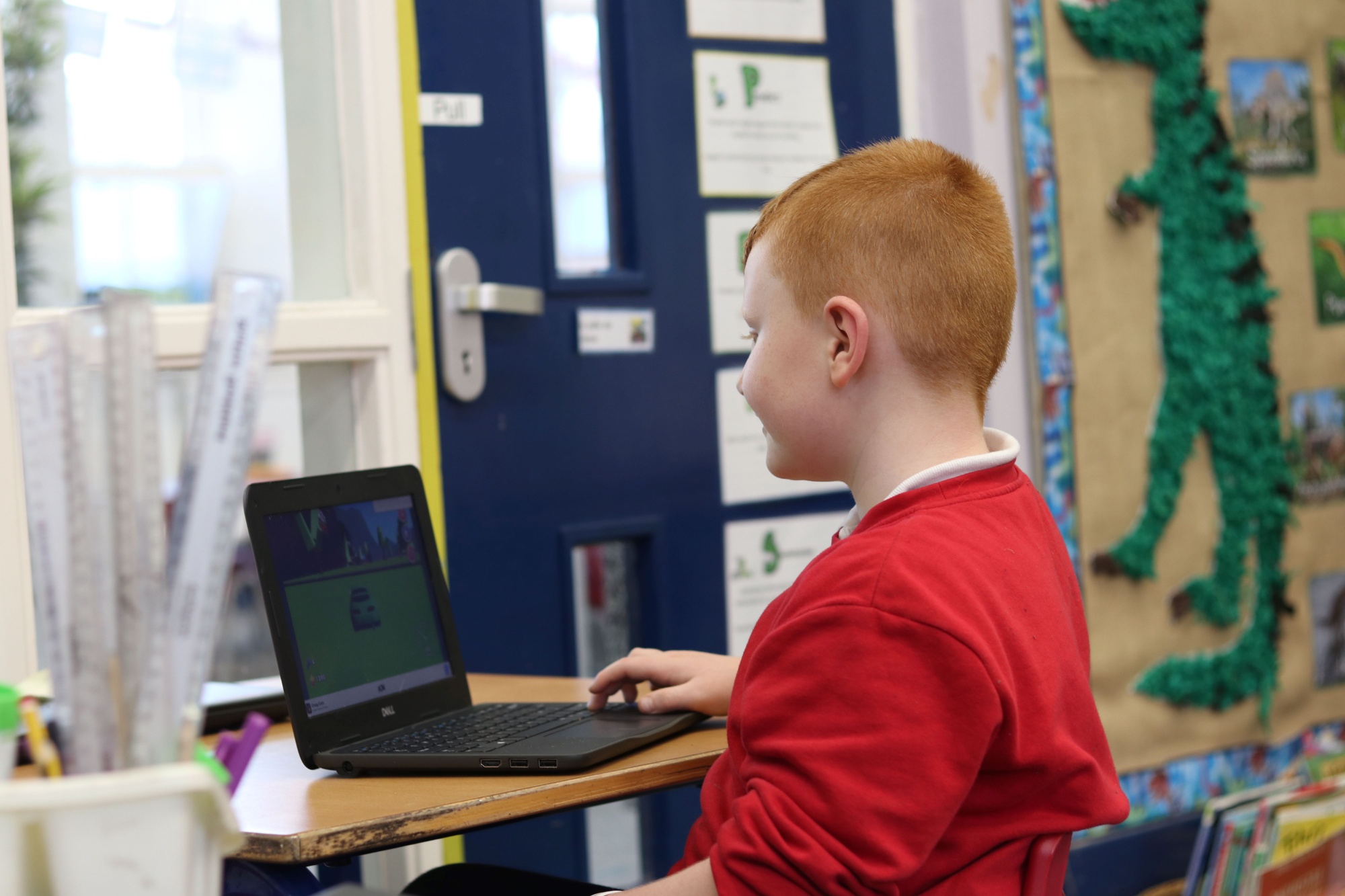History
Frequency of sessions: This change depending on the topic being studied, but will largely average out as one session a week. In some topics the main focus will be history and therefore there will be a high focus on historical skills. In other topics, there might not be a historical focus.
History teaching at Deanshanger is part of our International Primary Curriculum (IPC); it focuses on enabling children to think as historians and sits history learning authentically within a broad study of different curriculum areas. Whenever possible, we provide children with first-hand experiences and place an emphasis on examining historical artefacts, photographs and primary sources.
Staff at Deanshanger Primary School strive to passionately deliver history knowledge, skills and understanding making educated citizens who learn from the events, people and ideas that we study and developing a growing interest in building upon the past locally, nationally and internationally.
Intent
-
To foster an interest in the past and to develop an understanding of how the past has influenced the present.
-
To develop a sense of chronology so the children can organise their understanding of the past.
-
To provide opportunities for investigation and learning using a wide range of sources and information.
-
To develop an understanding of how to interpret primary and secondary sources.
-
To distinguish between historical facts and interpretation.
-
To provide opportunities for children to develop their skills of enquiry, analysis and investigation.
-
To learn about key events in the history of their own locality, country and the world.
-
To organise information about past societies, making comparisons.
-
To promote pupils, spiritual, moral, social and cultural development through the study of past societies.
-
To provide an inclusive curriculum that enables consideration of diversity.
Implementation
History teaching at Deanshanger is part of our International Primary Curriculum (IPC); it focuses on enabling children to think as historians and sits history learning authentically within a broad study of different curriculum areas. Whenever possible, we provide children with first hand experiences and place an emphasis on examining historical artefacts, photographs and primary sources.
Where possible, we give children the opportunity to visit sites of historical significance. We encourage visitors to come into the school and talk about their experiences of events in the past; we have very close links with Deanshanger’s Heritage Society and the British Legion. For example, the Deanshanger Heritage Society regularly maintain and update a local history display/installation in the school about specific themes. Recently this has included leisure activities over time.
We focus on helping children understand that historical events can be interpreted in different ways and that they should always ask searching questions, such as ‘how do we know?’, about information they are given and should consider the beliefs and values of that time.
Wherever possible, local, national and world events are incorporated into the school’s curriculum in order to enrich and embed learning. For example, VE Day, Remembrance Day, Chinese New Year….
Impact
After the implementation of the curriculum, pupils should leave school equipped with a range of skills to enable them to succeed in their secondary education. They will be enquiring learners who ask questions and can make suggestions about where to find evidence to answer balanced judgments based on knowledge of the past.
The expected impact of following the history curriculum is that children will:
- Know and understand the history of Britain, how people's lives have shaped this nation and how Britain has influenced and been influenced by the wider world.
- Develop an understanding of the history of the wider world, including ancient civilizations, empires, non-European societies and the achievements of mankind.
- Develop a historically-grounded understanding of substantive concepts- power, invasion, settlement and migration, civilization, religion, trade, achievements of mankind and society.
- Form historical arguments based on cause and effect, consequence, continuity and change, similarity and differences.
- Have an appreciation for significant individuals, inventions and events that impact our world both in history and from the present day.
- Understand how historians learn about the past and construct accounts.
- Ask historically-valid questions through an enquiry-based approach to learning to create structured accounts.
- Explain how and why interpretations of the past have been constructed using evidence.
- Make connections between historical concepts and timescales.
- Meet the end of key stage expectations outlined in the National Curriculum for History.
For further information about the national curriculum guidance for history, click here.
